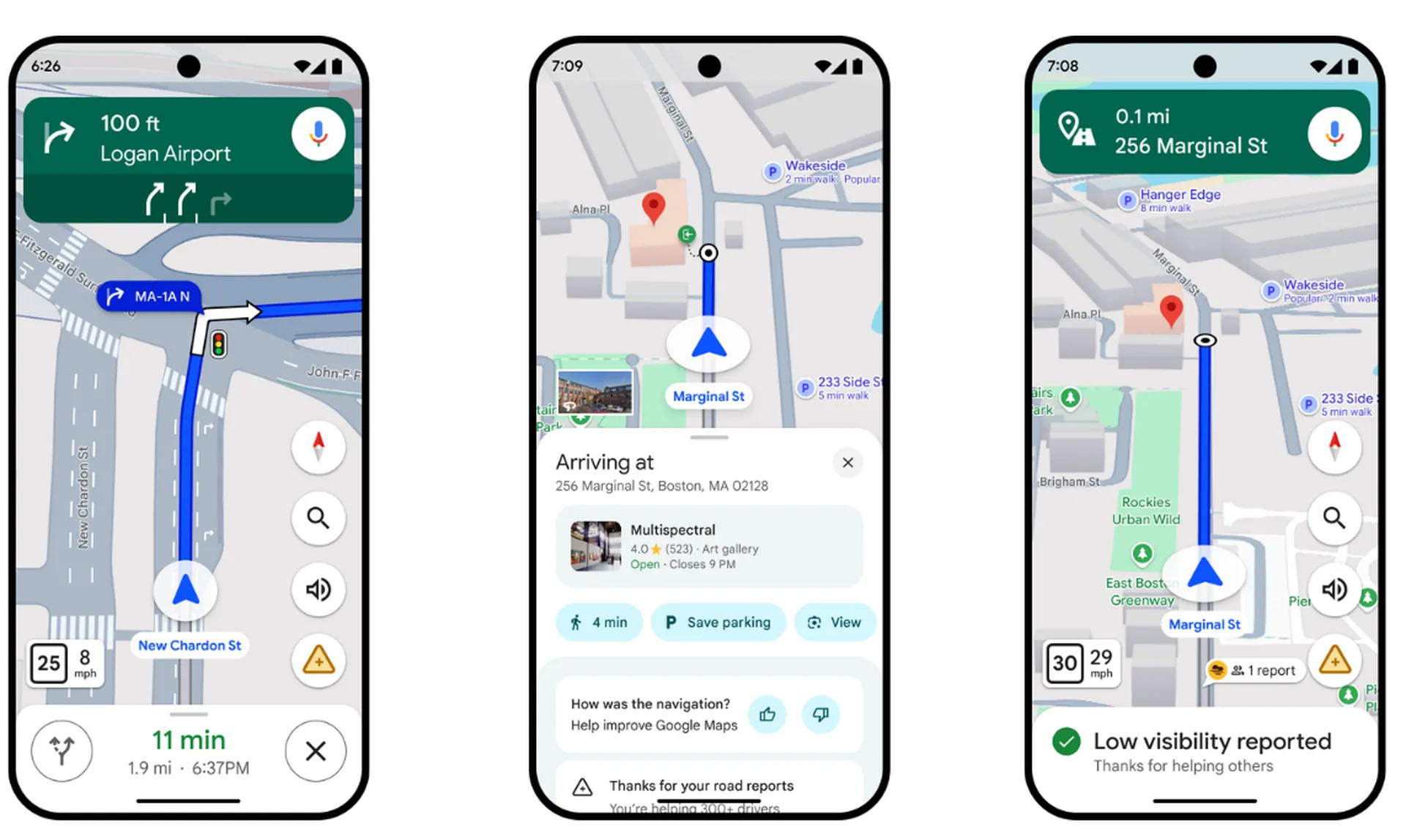|
Getting your Trinity Audio player ready...
|
Google has added artificial intelligence-powered features to its Maps tool, bringing its Gemini AI chatbot technology to the app’s 2 billion monthly users.
Users are now able to converse with Google Maps to ask for tips on things to do or specific trusted information, on places such as restaurants or night spots.
Users can ask, for instance, whether a place has outdoor seating or a quiet atmosphere.
Gemini will also provide AI-summarised reviews of places, Google said.

‘Hallucination’ risk
The features rolled out beginning last week for Maps on Android and iOS, and are initially available in the US only.
The rollout follows the integration of AI summaries into Google’s main search results, and indicates the company’s growing confidence that it can prevent its AI tools from providing false information to users.
Such “hallucinations” are a frequent issue with generative AI, stemming from its design based on predictive algorithms.
Users initially complained that Gogole’s AI summaries were delivering bizarre or incorrect information, often based on joke or satirical content, causing the company to temporarily scale back the feature’s rollout.
The company, like other major tech firms and start-ups, is racing to take the lead in generative AI after the launch of OpenAI’s ChatGPT in late 2022 brought the technology into the spotlight.
Maps will now also provide more detailed information about parking options for a destination along with walking directions from parking to a location’s front entrance.
AI transformation
“We are transforming how you navigate and explore the world,” Google Maps general manager Miriam Daniel told reporters in a presentation to journalists.
Other new features include indicators for which lane a driver needs to be in ahead of making a turn.
Google subsidiary Waze, which focuses on real-time driving directions, will use AI to give users a way to more easily report driving hazards such as traffic, potholes or construction.
Using the new feature, a user can tap the reporting button and describe the problem in natural language, saying, for instance, “I’m seeing a mattress in the road,” and Waze will add a real-time report to the map without further interaction.




